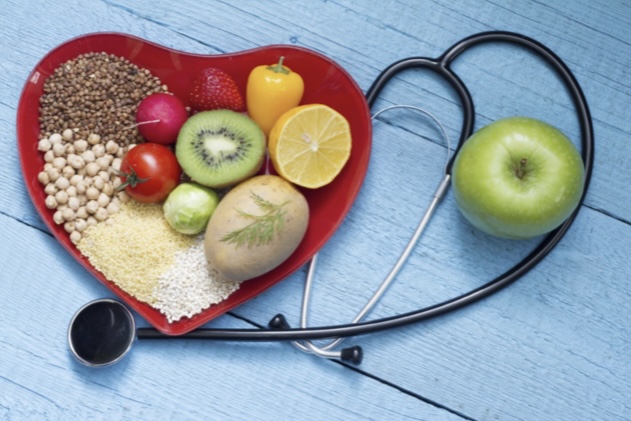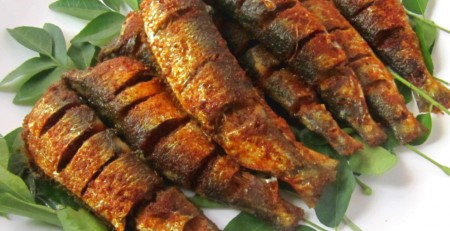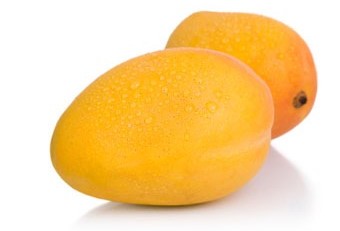Heart Healthy Diet And Lifestyle!
Eating And Living Heart Healthy!
India is home to the world’s largest number of heart disease patients.
We Indians are genetically more prone to develop heart disease and that is to ten years before the people of the developed countries.
We not only catch heart disease early but it also appears to progress faster in our people.
The number of our people dying of heart disease and strokes is significantly higher than people of the Western world.
According to the Global Burden Of Disease study, the age-standardized death rate of Indians per 100000 due to coronary heart disease is 272, way higher than the world average of 235.
It is vital for us to eat heart-healthy food and lead a heart-healthy lifestyle to prevent developing heart disease and strokes.
In a heart-healthy diet, we primarily have to rely on a vegetarian diet.
Luckily the majority of Indians are vegetarians and those who eat non-vegetarian food also eat it only in a few meals a week, unlike the Western people who eat it in every meal of the day all week.
That is the reason why eating a heart-healthy vegetarian diet is far easier for us than for Western people.
In a heart-healthy diet, we need to eat whole grain cereals and pulses, ample fresh vegetables and fruits, moderate amounts of preferably mono unsaturated fatty acid dominant, cold-pressed groundnut or sesame seed oil or olive oil, and skimmed milk.
It is maybe easier to eat either groundnut or sesame seed oil in India and olive oil in the West.
Most of us have whole grain cereals in the form of chapati, rice, bhakri, and pulses in the form of dals, varan, amti, usal and vegetables in both lunch and dinner.
Thus we must have cereals, pulses, and vegetables in both lunch and dinner.
In addition, we must keep our consumption of salt low, shift over to using the above oils and start eating ample fruits.
If you are a fish eater, it is very beneficial to eat sea fish 200 gm twice a week for getting adequate amounts of heart-healthy omega 3 fatty acids.
But few amongst us eat non-vegetarian food and even fewer eat fish. Because of this, only a few can eat fish adequately enough.
Omega 3 is also available in supplement form for those who don’t eat fish, but as a rule, most nutrients are better absorbed and assimilated by the body from food than from nutritional supplements.
And if you are taking omega 3 supplements, you must watch your lipid profile as some of these supplements develop high levels of heart-healthy HDL cholesterol. Levels of HDL cholesterol higher than normal too can be harmful to the heart.
So you must take omega 3 supplements only under the advice and supervision of your doctor.
Omega 3 fatty acids lower the levels of your triglycerides and prevent or reduce inflammation and improve the health of the endothelium of the arteries and keep you heart-healthy.
But the health of the heart depends upon many other factors too.
Pure vegetarian people have been known to stay heart-healthy till their nineties and beyond.
In a heart-healthy diet, we can eat one whole egg three or four days a week, preferably on days on which we don’t eat any other non-vegetarian food. But you should consult your doctor about eating eggs if you are suffering from heart disease.
In non-vegetarian foods turkey, goat meat and skinned chicken can be had in moderation, the less the better. Lamb, beef, and pork are best avoided as they are high in saturated fats and cholesterol.
It is advisable to keep the consumption of sugar, jaggery, honey, ‘rava’, ‘maida’, refined corn flour, sago, cream, ghee, butter, cheese, full cream paneer, groundnuts, coconut, sesame, fast food like pizza, burger, wada, fried snacks like chips, French fries, ‘bakarwadi’, ‘chakli’, ‘shev’, ‘farsan’, bakery products like bread, biscuits, cakes, pastries to the minimum.
Hydrogenated oils or vanaspati ghee and bakery products made from it and fried foods have trans fatty acids which are very harmful to the heart. They are best avoided.
Dry fruit nuts like almonds, walnuts, cashew nuts, pistachios are high fat (50 to 60 percent fat), high-calorie foods.
Most heart disease patients are overweight or obese.
So they are better off avoiding dry fruit nuts.
Avoid mayonnaise, ketchup, and sauces like soya, barbecue, oyster, Worcestershire sauce as they are high in salt and sodium.
Also avoid frozen foods like ham, salami, sausages, nuggets, and also frozen vegetables. They too are high in salt and sodium.
Avoid ice creams and desert sweets or ‘mithai’.
Eating on these lines will keep your sugar, salt, saturated fats, cholesterol, and calorie consumption low and help you lose weight and get heart healthy.
In addition, you must look to improve your lifestyle, maintain healthy hours of meals, take adequate rest, sleep adequately and at regular hours, exercise regularly, walking too is an excellent exercise, if possible practice ‘pranayam’, meditation or yoga Nidra to be happy and peaceful.
Lose weight if you are overweight or obese.
Stop smoking and consuming tobacco in any form, it is harmful to heart health in any form.
Minimize or stop alcohol.
These guidelines will help protect you from hypertension, diabetes, heart disease, and strokes.
Please also read the articles ‘Basics Of Nutrition’ and the ‘Good And The Bad Fats’ on this website.
















